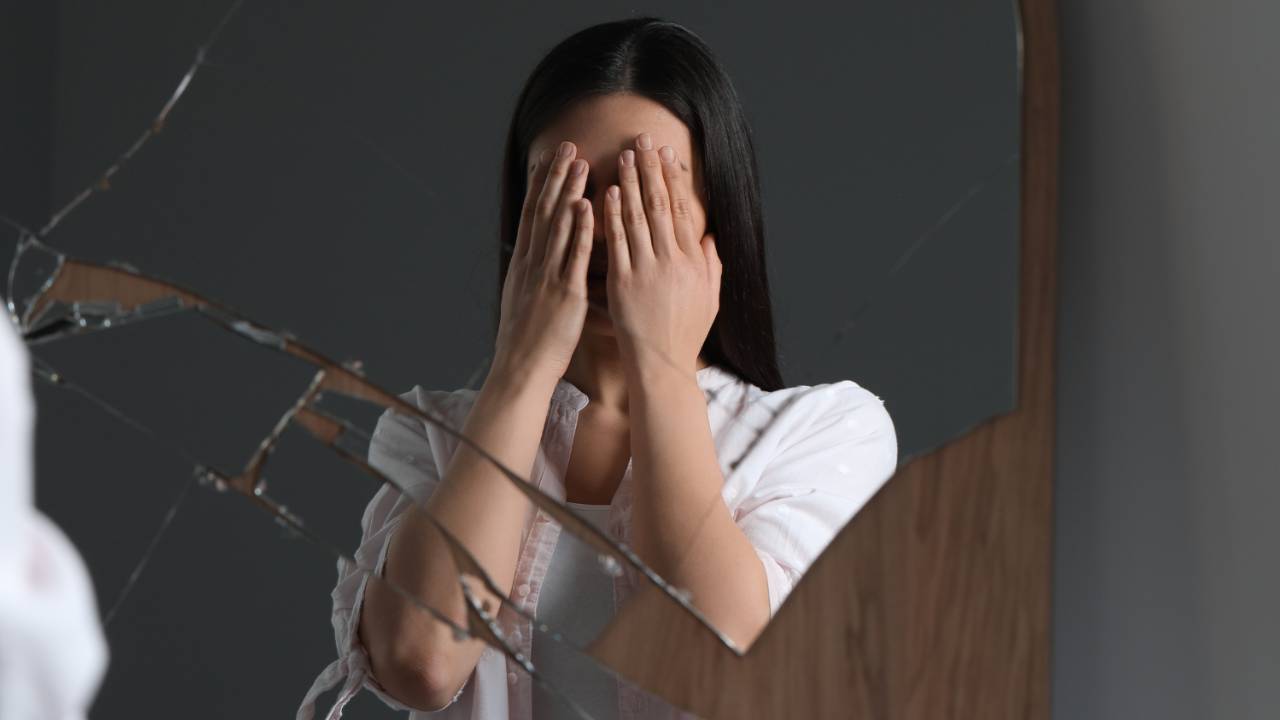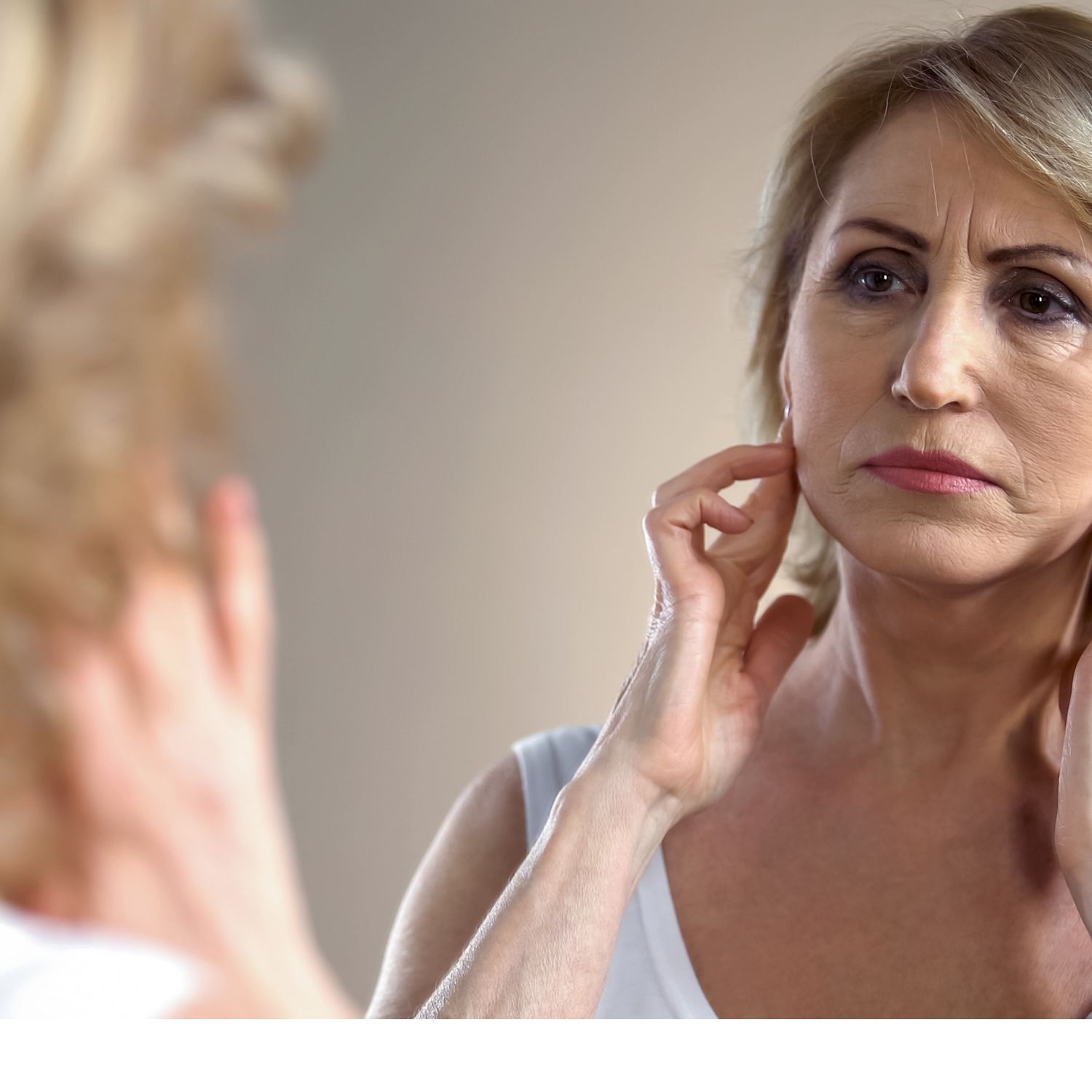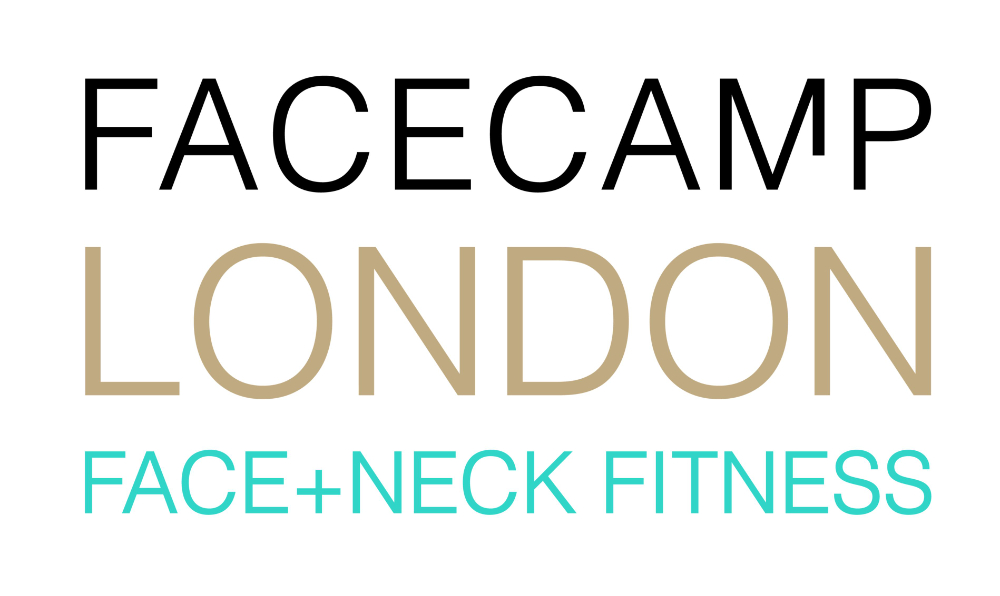No Mirror Day: Why Looking Less at Your Reflection Could Transform Your Confidence
Jun 29, 2025
No Mirror Day: A Celebration of Self Beyond Reflection
On the first of May, we invite you to take part in No Mirror Day. This is not simply a symbolic gesture but a day-long experiment in shifting awareness. It is a conscious choice to pause the endless feedback loop of reflections, screens, filters, and curated images and instead allow the mind and body to lead from within. No Mirror Day is designed as a gentle rebellion against constant self-scrutiny. It is a cultural practice as well as a personal exploration. For one day each year, you are invited to step away from the mirror and rediscover how it feels to move through the world without evaluation of your appearance.
This invitation is simple but not always easy. Mirrors and cameras are everywhere, and most of us use them more often than we realise. From the bathroom sink to the smartphone screen, reflections have become a near-constant companion. Yet our ancestors lived for millennia without these tools. Their self-awareness came through experience, relationship, and brief glimpses in still water. When they laughed or cried, they relied on others to mirror back what they expressed. That human feedback loop built trust and social connection. We can relearn some of this wisdom by choosing one day each year to reduce the dominance of mirrors and rediscover the fullness of expression beyond them.
Why We Look Away
Modern life has made mirrors ordinary and unavoidable. Studies suggest the average woman checks her reflection around thirty eight times per day. For members of Generation Z, the number is likely higher due to the rise of selfies, video calls, and social media platforms that encourage performance. Each look in the mirror is an opportunity to judge and to compare. Over time, these small evaluations accumulate, feeding anxiety and a sense that one is never quite enough.

Psychological research highlights the risks. Five minutes of mirror gazing has been shown to lower self-esteem, reduce mood, and create a distorted sense of attractiveness. The mind begins to magnify small flaws and overlook natural strengths. What should be a neutral tool for grooming can become a trigger for self-criticism. This is not a failure of the mirror but a reflection of cultural pressure. When beauty is measured by impossible standards, every reflection is likely to fall short.
At Facecamp London, we invite participants to practice the mirror test. In this exercise, a client notices the language that arises when they see themselves. Most people are shocked by the harshness of their inner dialogue. Simple phrases such as “I look tired” or “I look old” can spiral into harsh judgments that affect mood for hours. By pausing to rewrite these statements, participants discover how much energy is wasted on unnecessary self-attack. Replacing “I look tired” with “I have had a full week and I am still here” shifts the story from criticism to resilience.

Five minutes of mirror gazing can be enough to reduce the sense of attractiveness, lower self esteem, and worsen mood. The solution is not to fear mirrors but to develop a wiser relationship with attention and evaluation.
No Mirror Day is not about rejecting beauty. It is about remembering that beauty is not the only measure of worth. Your natural face carries the history of your life. Lines from laughter, furrows of thought, and subtle signs of age are not flaws but proof of living. By permitting yourself to simply be for one day without correction or performance, you may discover a sense of peace that has been absent for years.
Natural Expression and Human Connection
Facial expressions are the first language we ever learn. Long before we understand words, we read the face of a parent or caregiver. A smile reassures us, a furrowed brow warns us, and an open gaze invites us. This deep biological sensitivity continues throughout life. We are wired to read the expressions of others and respond. That is why frozen or limited expressions can cause a subtle sense of distance. Without clear signals of comfort, concern, joy, or empathy, trust becomes harder to establish.
Former FBI agent Joe Navarro has described in detail how tiny expressions reveal inner states. Relaxed eyes and a slight smile can communicate comfort and openness, while a tight jaw or downward chin can communicate defensiveness. Leaders, teachers, and professionals benefit greatly from authentic facial expression. It builds credibility and makes messages more persuasive. In this context, cosmetic interventions that mute expression can unintentionally reduce effectiveness.
Joe noted that, even in infants, negative emotions are communicated through nonverbal in the face, cues like squinting, turning away, or pupil constriction when confronted with something displeasing or disliked.
A perfectly smooth face may look flawless in a photo, but it may also appear unreadable in a conversation.

This is not an argument against personal choice. It is an invitation to consider the science of expression and its role in human connection. If your face cannot move freely, your ability to communicate is reduced. Authentic presence requires dynamic movement. No Mirror Day is a small but meaningful way to honour this truth. By stepping away from the mirror, we practice feeling expression from the inside rather than performing it for an outside audience.
The Science of Attention and Mood
The mind works like a lens. Where attention goes, experience expands. When attention is repeatedly drawn to perceived flaws, those flaws begin to dominate the sense of self. This principle is well documented in cognitive psychology. People who spend more time evaluating appearance often report higher levels of dissatisfaction regardless of their objective attractiveness. By shifting attention away from constant reflection, we can gradually restore balance.
Neuroscience shows that practices like slow breathing, mindful body awareness, and expressive movement activate calming systems in the brain. These states improve resilience and mood. Importantly, they do not require external validation. You do not need a mirror to breathe deeply, to stand tall, or to speak with clarity. These actions may feel more genuine without a reflection to influence them. No Mirror Day is an opportunity to experiment with this principle.
Consider trying one or two practices during the day. Pause for two minutes of breathing with relaxed shoulders. Speak a passage out loud and notice the rhythm of your voice. Journal three observations about how you felt without checking your reflection. Each practice strengthens awareness of internal signals rather than external evaluation. Over time, this shift can reduce anxiety and support confidence that is less fragile.
A Personal Dedication
No Mirror Day also carries a personal dedication. It is inspired by the founder’s granddaughter who recently turned five. The hope is that by the time she reaches adolescence she will not feel the intense pressure to correct or conceal her natural face. In recent years the demand for cosmetic procedures has extended to younger and younger people. Some clinics even market treatments called baby Botox to clients barely out of school. This trend risks normalising intervention at an age when it is neither necessary nor healthy.
The wish of this movement is simple. Let young people grow up without believing they must alter themselves to be accepted. Let them experience the joy of living in a face that tells the truth of their emotions. Let them know that presence, intellect, kindness, and courage are as valuable as symmetry or youthfulness. Every generation deserves this freedom. No Mirror Day is a step toward creating that culture.

Let us be remembered not for how polished we appeared but for how fully we lived laughed and connected.
How to Take Part
- Mark your calendar for the first of May every year and prepare in advance.
- Cover or put away mirrors in your home for twenty-four hours.
- Avoid selfies, filters, and appearance-based posts on social media during the day.
- Keep a journal and write down your thoughts and feelings as they arise.
- Pay attention to your inner language. Replace self-criticism with accurate and kind statements.
- Spend time connecting with others. Notice how much you can learn from their expressions without checking your own.
- Share your reflections using #NoMirrorDay and tag @facecamplondon.
Beyond One Day
While No Mirror Day is observed once each year, the practice can influence daily habits. Some participants choose to continue with weekly mirror-free hours. Others create a routine of speaking affirmations without looking at their reflection. Some professionals experiment with meetings where the focus is on voice and message rather than appearance. Each small ritual reinforces the lesson that confidence comes from alignment between intention and action rather than visual perfection.
For those who want to deepen this work, Facecamp London offers professional development programs. These programs are designed for leaders, educators, and communicators who want to strengthen clarity and presence without relying on cosmetic or technical fixes. The training includes exercises in posture, breathing, microexpression awareness, and vocal projection. These skills enhance authenticity both in person and on video calls.
To learn more about this offering, please visit facecamplondon dot com slash workface professional development. For broader insights into human behaviour and nonverbal communication, resources from Joe Navarro are also recommended, many of which are available as podcasts and interviews.
Thank you for joining No Mirror Day. This practice is not about denial or avoidance. It is about restoring balance and reclaiming freedom. Appearance can be celebrated, but expression is life itself. Let us choose life first and let beauty be a natural companion rather than a constant demand.
Stay connected with news and updates!
Join our mailing list to receive the latest news and updates from our team.
Don't worry, your information will not be shared.
We hate SPAM. We will never sell your information, for any reason.


